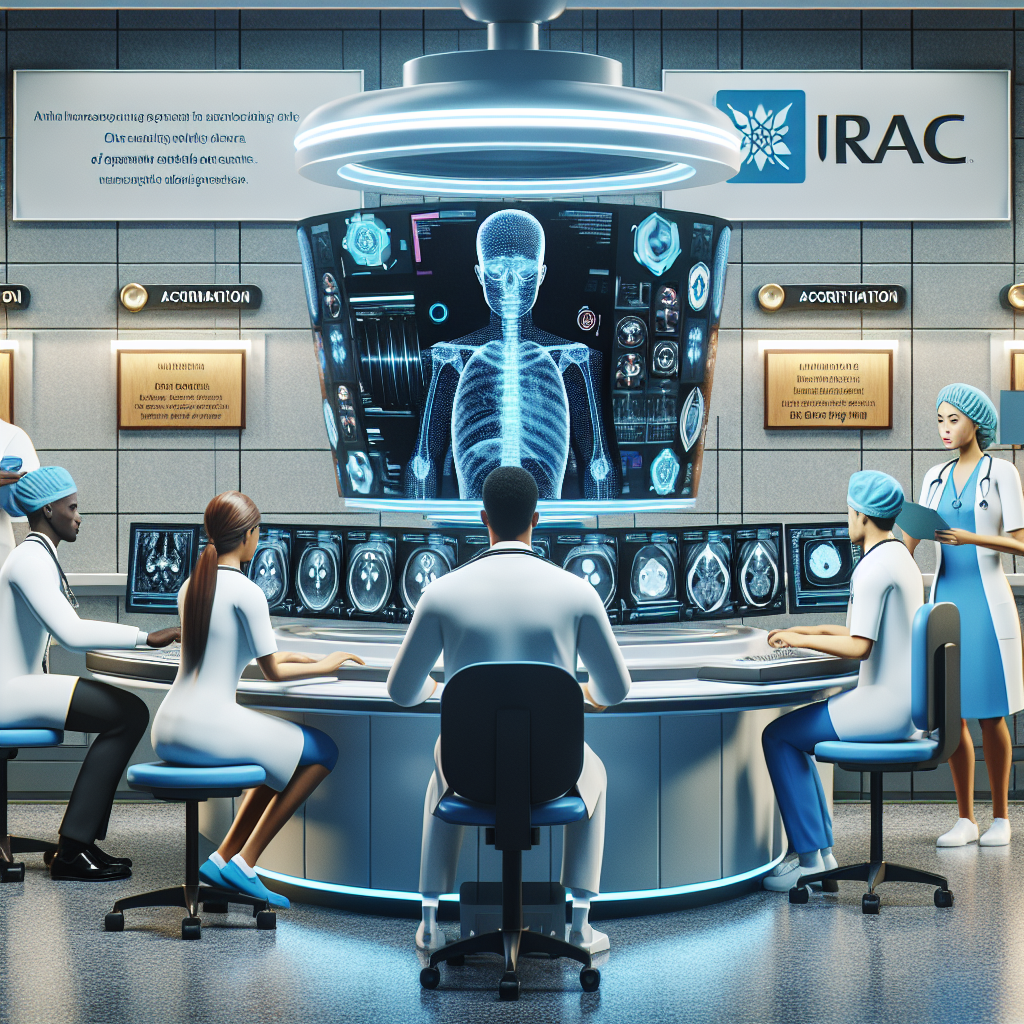AI Accreditation to Transform Healthcare
In the halls of historical achievements, the journey to marry artificial intelligence with healthcare is as revolutionary today as the invention of the stethoscope was in the 19th century. Just as René Laennec’s device transformed medical diagnostics, the decision by URAC to spearhead AI accreditation might be the catalyst needed to propel healthcare into a future defined by precision, accessibility, and better patient outcomes.
Understanding URAC’s Bold Move
URAC, a leader in promoting healthcare quality through accreditation, is now setting comprehensive standards for the use of AI in healthcare settings. With this new healthcare AI accreditation, URAC aims to ensure that artificial intelligence is utilized safely, effectively, and ethically across medical facilities globally. This introduces a new benchmark for the industry, guiding providers and developers through a regulated path of AI integration.
As URAC embarks on this transformative initiative, the goal is to highlight AI’s potential to enhance decision-making, streamline operations, and significantly improve patient care. Their accreditation process will likely involve rigorous evaluation of AI tools for compliance, performance, and adherence to industry best practices.
What This Means for Healthcare Organizations
The implications of AI accreditation for healthcare organizations are multifaceted:
- Enhanced Trust: Accreditation provides assurance to patients and stakeholders that AI applications are safe and reliable.
- Quality Assurance: A standardized framework ensures that AI technologies meet stringent quality controls and guidelines.
- Operational Efficiency: Properly accredited AI systems can improve workflow efficiency, from administrative tasks to clinical applications.
The introduction of AI accreditation is reminiscent of historical shifts in medical practices that favored structured, accountable, and transparent methodologies. Like any other critical infrastructure, healthcare AI requires stringent oversight, and URAC’s early entry into this space is timely and necessary.
The Road to an AI-Powered Future
For healthcare professionals, this development is an encouraging sign that the deployment of AI will be strategically aligned with patient-centric values. From diagnostics to treatment plans, AI holds the promise to analyze complex datasets at speeds unfathomable to the human brain, making early and accurate diagnosis a new normal.
Moreover, with accreditation, AI will become a more prevalent fixture in telemedicine, remote patient monitoring, and personalized medicine, ensuring these technologies meet rigorous standards for safety, privacy, and effectiveness. The convergence of accredited AI technology in these areas aligns well with modern healthcare’s emphasis on accessibility and cost-effectiveness.
The Challenges Ahead
While this move is forward-thinking, it is not without its challenges. Ensuring that AI systems remain free from bias, respect patient privacy, and are seamlessly integrated alongside existing technologies will require ongoing vigilance. For developers, this means continual updates and developments to meet the evolving standards set forth by organizations like URAC.
Conclusion
To conclude, the introduction of URAC’s healthcare AI accreditation is more than a formality; it’s a strategic milestone in the evolution of healthcare. Over time, as the landscape adapts to encompass more AI-driven solutions, the standards set by URAC will serve as the bedrock for safe, innovative, and patient-focused innovations.
Read more about this subject and follow the primary source at Drugstore News.

